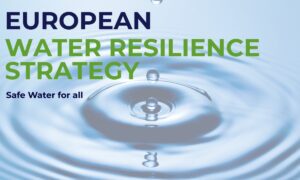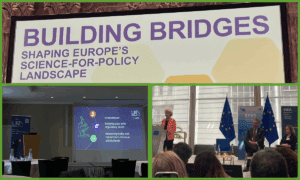On 29 January 2025, the European Commission introduced its “Competitiveness Compass,” a strategic framework designed to guide the EU’s economic agenda for the coming years. Intending to boost Europe’s global competitiveness, the Compass draws inspiration from Mario Draghi’s report on European competitiveness. It focuses on closing the innovation gap, promoting decarbonization while ensuring economic resilience, and enhancing security by reducing dependencies.
In a rapidly changing global economy, Europe’s competitiveness needs a substantial boost. While Europe’s resilience during the pandemic and the energy crisis was commendable, further action is needed to safeguard long-term prosperity. The Competitiveness Compass outlines key objectives for achieving this, including simplifying business processes, strengthening the Single Market, and facilitating more investment in critical technologies like AI, clean energy, and digital infrastructure.
The Commission’s plan includes over 47 legislative and non-legislative proposals by the end of 2026, covering areas such as digital technology, circular economy, clean industrial practices, and skills development. A new Clean Industrial Deal will ensure the EU’s industries remain competitive while creating quality jobs. The initiative also focuses on enhancing Europe’s ability to scale up businesses and innovation by cutting administrative burdens and simplifying existing legislation.
To foster innovation, the Compass prioritises the diffusion of digital technologies, investments in supercomputing and quantum computing, and a European AI Research Council. Furthermore, it aims to create a more circular and resilient economy by supporting sustainable production and consumption practices while securing access to vital raw materials and technologies. In addition to addressing the digital and green transitions, the Compass emphasises the need for a Union of Skills to tackle labor and skills gaps, ensuring that European citizens are equipped for the future economy.
Through the Competitiveness Compass, the European Commission is setting a course toward sustainable, innovation-driven growth, positioning Europe to succeed in a competitive, changing global landscape.



